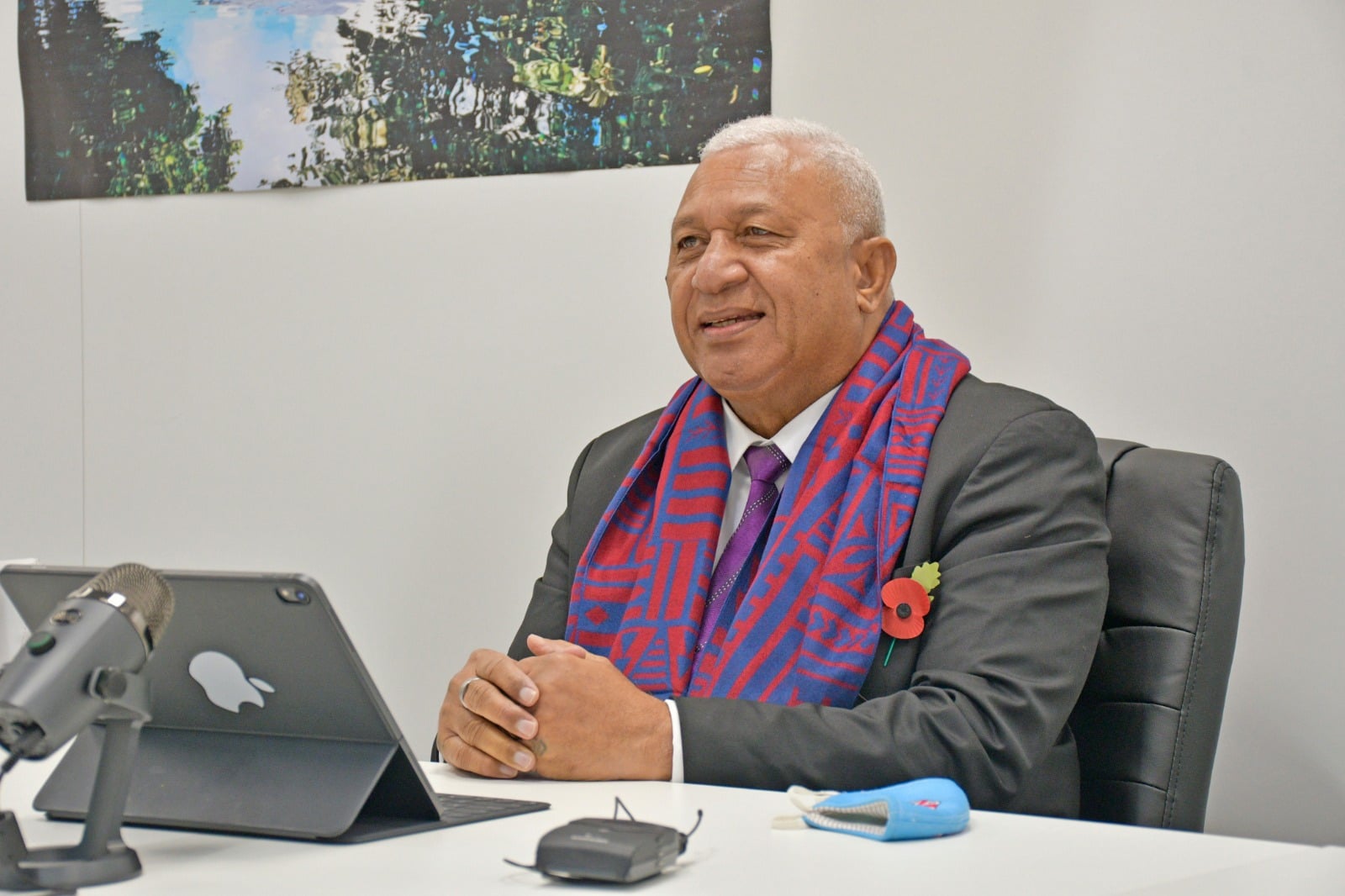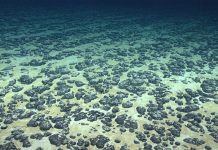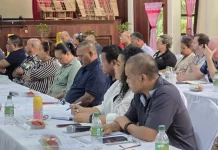By Pita Ligaiula in Glasgow
Fijian Prime Minister and Forum Chair Voreqe Bainimarama says the stakes could not be higher for world leaders to combat climate change.
Addressing the APEC Ministerial Meeting on sidelines of COP26, Bainimarama said the Blue Pacific continent is faced with an extraordinary three-pronged crisis: the devastating effects of climate change and natural disasters, the impact of COVID-19, and the fragile economic health of the region.
“While COVID-19 presents an immediate crisis, climate change presents the single greatest threat to the livelihood, security and wellbeing of the Pacific and its peoples for the long term.
“The threat of climate change and related sea-level rise is always before us. It consumes our thinking and our planning.
“It already imperils the livelihoods and wellbeing of our peoples and undermines our ability to build a peaceful, secure and sustainable future for our region. Pacific Island nations cannot do what is necessary to adapt and become truly resilient to the ravages of climate change alone,” said Bainimarama.
He said the Pacific cannot overstate the urgency of taking the actions necessary to make net-zero emissions achievable by all.
“And yet a number of nations present here—including some of the largest emitters of carbon and some of the nation’s most able to provide funds need to increase climate finance—seem not to be seized with the seriousness of what we are facing.
“World leaders, like Pacific leaders, must not only affirm that climate change is the single greatest threat facing all humanity. That should be the easy part. They must also act with great urgency to keep the 1.5-degree temperature goal of the Paris Agreement within reach.
Whether we are from economies that are developed, emerging, or developing, we are all vulnerable to climate change, and we will all suffer from the forces it unleashes. Maintaining resilient nations with sustainable and environmentally friendly economies requires all of us to make ambitious pledges—and to keep the promises we make,” said Bainimarama.
He said all countries must commit to net-zero emissions by 2050 and finalise the Rulebook for the Paris Agreement.
“Developed countries must deliver on the finance commitment of 100 billion US dollars that they pledged under the Paris Agreement, and establish a new climate finance goal for post 2025, with dedicated finance for loss and damage.
“And for our Blue Pacific Continent, COP26 must deliver the effective integration of oceans into the UNFCCC.
“Pacific Island Forum Leaders issued this year the Declaration on Preserving Maritime Zones in the Face of Climate Change-related Sea-Level Rise. The Declaration is a landmark instrument that makes clear that we will not allow our legal entitlements to be lost or challenged due to sea-level rise.
“The health of the Pacific is the responsibility of every nation because protecting the health of the Pacific is in every nation’s interest. So we seek the collaboration of others in our efforts to safeguard the health of our ocean, including our collective fisheries resources.
“It is vital that we preserve our natural and marine environment and build inter-generational resilience to future crises,” Bainimarama said.
He said Forum leaders have established the Pacific Resilience Facility to address the funding gaps at the community level.
Bainimarama also said the second great challenge the Pacific faces is COVID-19.
“Every one of our members has been hit by the devastating economic consequences.
“For many of us, border closures mean the tourism sector is effectively shuttered, which has been a massive blow to the GDP of tourism-dependant economies in the region.
“Like APEC economies, then, the Pacific’s overwhelming priority has been getting our people vaccinated so that we can return to some form of normality,” he said.
Bainimarama said in these times, bilateral, multilateral and regional cooperation has never been more critical.
“In the Pacific Islands Forum, we have worked together as leaders and ministers to respond to this moment of crisis, including the establishment of a Pacific Humanitarian Pathway on COVID-19 to facilitate the movement of essential medical supplies and personnel.
As we look to reopen, we are exploring a regional approach to harmonisation of vaccine certification,” he said.
Like many APEC economies, Bainimarama said the Pacific islands’ national budget balances have fallen seriously into the red, with the apparent increase of debt levels across the region.
“We are grateful to those nations and multilateral institutions that have provided support, including direct budget support and concessional financing arrangements to weather this storm.
“Small island states are compelled to absorb high levels of debt to maintain basic services for their populations. We look forward to working closely with APEC economies to not only manage the risks associated with new high levels of debt, but also re-think how debt should be assessed,” PM Bainimarama said.
He said the strength of regionalism is key to the collective action required to tackle the challenges of today.
“No nation can really go it alone, no matter how large or powerful. But for us, regional solidarity and cooperation is a kind of lifeblood. Regionalism gives us all the advantages of scale, and it helps us forge a strength we don’t have alone,” PM Bainimarama said.
SOURCE: PACNEWS













